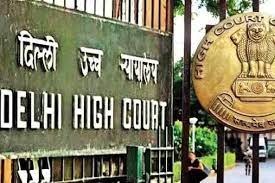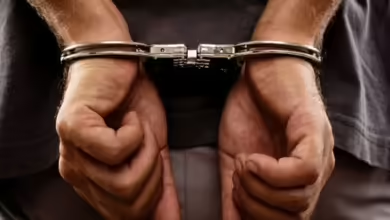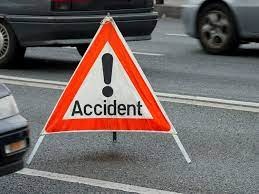The Delhi High Court gives the Center more time to reply to its objection to the usage of the INDIA acronym
In response to a plea seeking to prevent 26 political parties from using the acronym INDIA (Indian National Developmental Inclusive Alliance), the Delhi High Court on Tuesday gave the Center more time to answer.
Only the Election Commission has submitted a response to the petition, and several of the political parties mentioned in the proceedings have not yet received notice, according to a bench chaired by Chief Justice Satish Chandra Sharma. The court had been given notice of the case in August.
Additionally, it gave the political parties time to express their positions.
The petitioner’s attorney said at the hearing that because the parties were utilizing “the name of the country” and the national flag, the issue needed to be resolved immediately.
The political parties in the alliance were allegedly gaining “undue advantage in the name of our country,” according to petitioner Girish Bharadwaj, who had petitioned the high court earlier this year against the usage of the INDIA acronym.
The petitioner requested a temporary injunction prohibiting the coalition from using the acronym INDIA in conjunction with the national flag.
The matter was scheduled for further review on November 22 after the judge made an oral observation during the hearings that political parties were not permitted to use the national flag.
Judge Tushar Rao Gedela was among the court members who remarked, “National flag you cannot use.”
Senior attorney Abhishek Manu Singhvi informed the court that the petition could not be maintained and that he was “representing most private respondents” (political parties).
Additionally, he disagreed with the coalition parties’ claim that the national flag was used, stating that such an accusation might result in legal action related to the usage of national symbols.
The court declared that because the answers had not yet been submitted, it would not be having a hearing on the subject.
“Let the Center file the reply.” Additionally, the court said those served respondents had two weeks to submit their responses.
Indian National Congress, All India Trinamool Congress, Dravida Munnetra Kazhagam, Aam Aadmi Party, Janata Dal (United), Rashtriya Janata Dal, Jharkhand Mukti Morcha, Nationalist Congress Party (Sharad Pawar), Shiv Sena (UBT), Samajwadi Party, Rashtriya Lok Dal, and Apna Dal (Kamerawadi) are the political parties that have been listed as respondents.
The other political parties include the Indian Union Muslim League, Konganadu Makkal Desia Katchi (KMDK), Viduthalai Chiruthaigal Katchi, Marumalarchi Dravida Munnetra Kazhagam, Communist Party of India (Marxist), and Jammu and Kashmir National Conference.
In addition to this, the following parties have been included as respondent parties: Manithaneya Makkal Katchi (MMK), Kerala Congress (Joseph), Kerala Congress (Mani), Communist Party of India (Marxist-Leninist) Liberation, and All India Forward Bloc.
The petition, submitted by attorney Vaibhav Singh, claims that these parties have declared their intention to run jointly in the 2024 Lok Sabha elections against the National Democratic Alliance (NDA), which is led by the Bharatiya Janata Party (BJP). It also cites remarks made by Congressman Rahul Gandhi and West Bengal Chief Minister Mamata Banerjee.
In an attempt to suggest that the NDA/BJP and Hon. Prime Minister Mr. Narendra Modi are at odds with our own country, India, Mr. Gandhi very deftly presented the name of their alliance as the name of our nation by dragging the name of our nation. This created confusion among the general public, leading them to believe that the upcoming general election of 2024 will be a fight between political parties or between our country and our alliance.
“That the responding political parties seek to take undue advantage in the name of our country by creating this confusion,” the request said.
According to the report, the petitioner made a representation to the ECI, but nothing was done. As a result, he filed a case with the high court.
The Representation of the People Act and the Indian Constitution do not recognize “political alliances” as “regulated entities,” hence the Election Commission—represented by attorney Sidhant Kumar—told the high court in response to the petition that it lacks the legal jurisdiction to control them.







